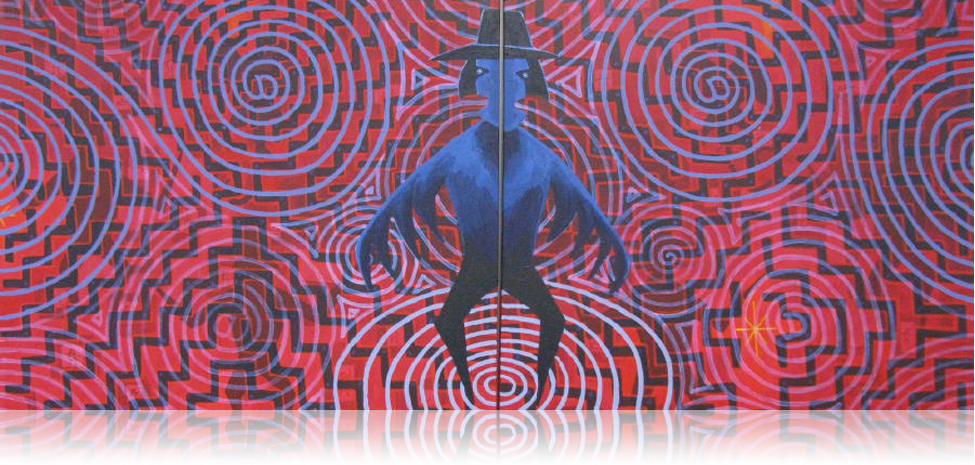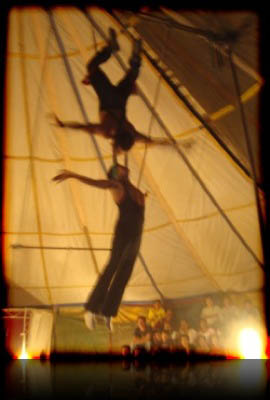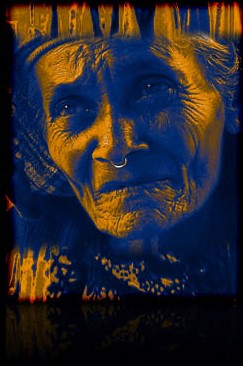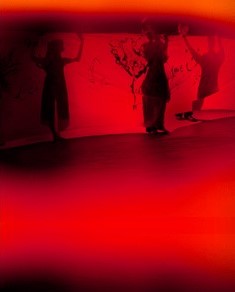Chanting Tahreer and Compassion: People as Poetry
DOI:
https://doi.org/10.25071/1913-5874/37361Abstract
The contention of this essay is that the current Arab revolutions of the so-called Arab Spring must be seen in the context of broader resistance in the colonized Muslim world to global political modernity. This essay focuses especially on the constitutive role that poetry plays in resistance to colonialism and violence. After situating this general phenomenon of poetic resistance in a global context with reference to Abdelrahman Munif, Mahmoud Darwish and Langston Hughes, I examine the deep constitutive role of poetry in the revolutions of Tunisia and Egypt in 2010-11. I illuminate the beauty and meaningfulness of the poetry in the quotidian experience of those peoples making revolutions. Poetry runs through the lives, the feelings, and, importantly, the politics of their world, a world that includes pride in Arab values and solidarity against the ongoing violence and injustices of authoritarianism and occupation. My dwelling and meditation on poetry helps elaborate a vision of the new Arab revolts.
References
Al-Barghouti, T. “O, Egypt! It is so Close.” PRI. 07 February 2011. http://www.pri.org/business/social-entrepreneurs/poetry-and-the-egyptian-revolution-tamim-al-barghouti2606.html
Al-Barghouti, T. “A Nation of Ululation.” A-Shorouk, 07 March, 2011 (in Arabic). http://www.shorouknews.com/columns/columns.aspx?id=377684
Al-Barghouti, T. “Obvious Matter.” 2007. http://www.youtube.com/watch?v=GCt0KBx-tec&feature=related
Al-Barghouti, T. “A Poetic Conversation between Two Generations.” Hiwar Maftouh.” Al- Jazeera. 15 August, 2008. http://www.aljazeera.net/channel/archive/ archive?ArchiveId=110221
Al-Jakh, H. “Joha.” http://www.youtube.com/watch?v=hE_HNt7QwYE.
Al-Jakh, H. “A Panoramic View from Tahreer Square.” 2011. http://www.youtube.com/watch?v=T6_dz_6lgpM&feature=related
Al-Shabbi, A. “The Will of Life.” 1955. Translated by E. Colla. http://arablit.wordpress.com/2011/01/16/two-translations-of-abu-al-qasim-al-shabis-if-the-people-wanted-life-one-day/
Al-Shabbi, A. “To the Tyrants of the World!” 1955. Translated by A. J. Arberry. http://aasilahmad.net/abu-al-qasim-al-shabi-the-poet-of-the-tunisia-and-egyptian-revolution/
Baldwin, J. Collected Essays. New York: Library of America, 1998.
Darwish, M. A River Dies of Thirst: Journals. Translated by C. Cobham. New York: Archipelago Books, 2009a.
Darwish, M. If I Were Another. Translated by F. Joudah. New York: Farrar, Straus and Giroux, 2009b.
Darwish, M. The Butterfly’s Burden. Translated by F. Joudah. Port Townsend, WA: Copper Canyon Press, 2007.
Darwish, M. Memory For Forgetfulness. Translated by I. Muhawi. Los Angeles, CA: University of California Press, 1995.
Darwish, M. The Music of Human Flesh. Translated by D. Johnson-Davies. London: Heinemann, 1980.
Ghosh, A. “Petrofiction: The Oil Encounter and the Novel” The Imam and the Indian. Prose Pieces. Delhi: Ravi Dayal, 2002: 75-89.
Hughes, L. “Columbia.” The Collected Works of Langston Hughes, Volume 1:The Poems: 1921-1940. Columbia, MI: University of Missouri Press, 2001.
Munif, A. Cities of Salt. Translated by P. Theroux. New York: Vintage, 1989.
Najm, Ahmed F., “I am the People.” In Sinan Anton. “Singing for the Revolution.” Jadaliyya. http://www.jadaliyya.com/pages/index/508/singing-for-the-revolution
Nandy, A. The Intimate Enemy: Loss and Recovery of Self under Colonialism. New Delhi: Oxford University Press, 1988.
Nassar, H. K., and Rahman, N. Mahmoud Darwish: Exile’s Poet. Critical Essays. Northampton, MA: Olive Branch Press, 2008.
Pham, Q., and Muppidi, H. "Colonial Wars, Postcolonial Spectres: The Anxiety of Domination." Orientalism and War. Edited by T. Barkawi and K. Stanski. London: Hurst Publishers, (Forthcoming).
Qabbani, N. “Footnotes to the Book of Setback.” Modern Poetry of the Arab World. Translated and edited by Abdullah al-Udhari. London: Puffin, 1986.
Thich Nhat Hanh. Call me by my True Names. Berkeley, CA: Parallax Press. 1999.
Yamanaka, L. A. “Personal Interview with Mie Omori.” 07 January, 2011.
Youssef, S. Without an Alphabet, Without a Face. Translated by K. Mattawa. Saint Paul, MI: Graywolf Press, 2002.





